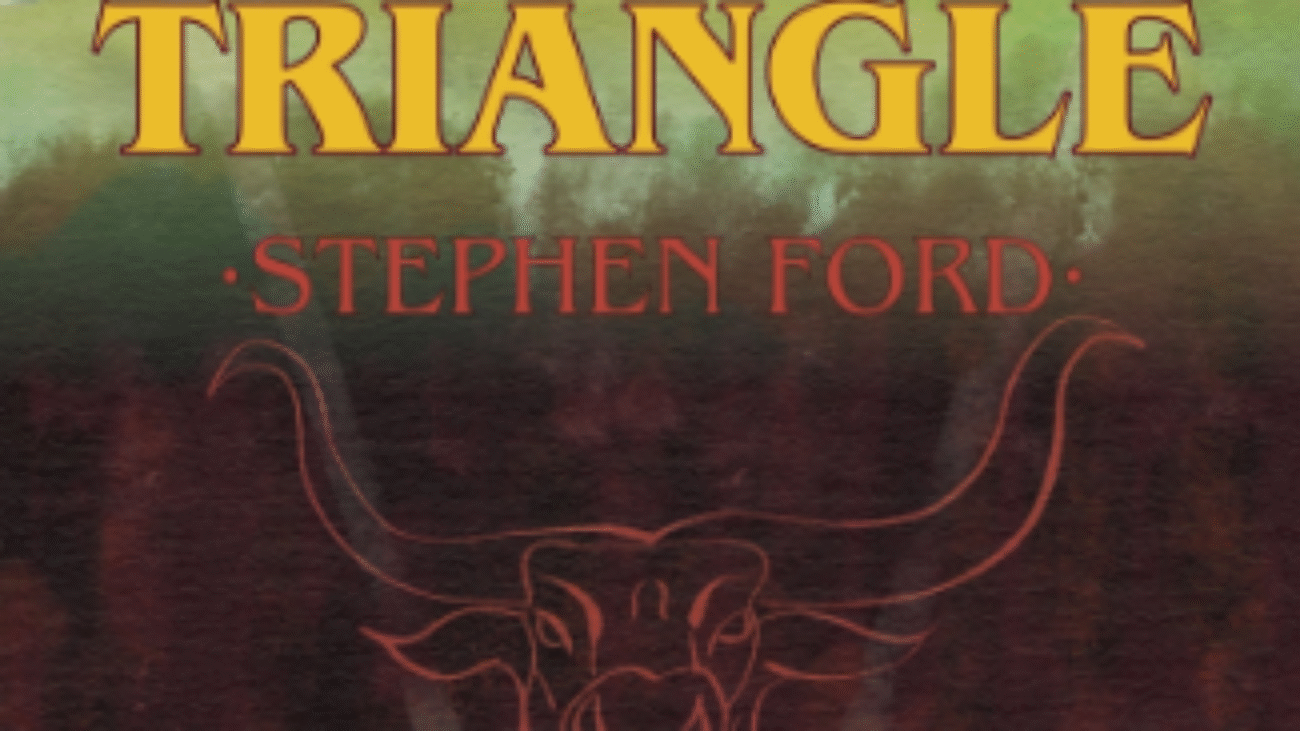Reviewed by Lilly Andrews
“The Moaning Lisa: A Paco and Molly Mystery” by Rosemary and Larry Mild is a sweeping mystery that begins in 1998, and follows two love-birds, Paco, a retired Baltimore police detective and the former head of the Black Rain Corners police force who is now eighty-seven, and Molly, eighty-two, who must use their wits to unravel a sinister plot while tolerating the aches and pains of advanced age. Purchase Here.
The opening scene places Paco outside a supermarket where he is writhing in pain from his third heart attack. This unexpected event sends him directly to the surgery where doctors get his heart’s rhythm back in control. Their love is visible even at this dark moment, and their affectionate banter becomes a lifeline and a defibrillator that constantly shocks their spirits back to joy. Six months later, the duo comes to a crucial decision – to sell their house due to the cumbersome stairs now turned into an insurmountable mountain, and the difficulty in taking care of their charming cottage. Moving to an assisted living facility is the last thing they would want, but with age catching up, little is left to procrastination.
Their first stop is at Gilded Gates, where, as soon as the tour of the premises is over, a gaunt-looking, stooped man with hollow eyes and a sharp chin approaches them in the corridor, warning them that the place is evil. This is quickly followed by a dream that haunts Molly, the whisper of the same man twisting into a chorus of moans that seem to echo from the very walls of their new suite. It doesn’t take long for Paco to realize that the place holds a labyrinth of chilling secrets during his pursuit of a sleepwalker through the facility’s darkened underbelly. He is shocked to discover a hidden network of passages as he attempts to locate the source of a chilling, unearthly moan, which he believes the night walker may have been following. The tension mounts with every creak and shadow, culminating not in an answer but in a terrifying question that eclipses all others: in choosing this place, did they secure a peaceful retirement, or did they willingly lock the door on their own grave?
This is a humorous mystery since it is a chilling exploration of covered secrets. The humor between Molly and Paco is one of the story’s defining charms. Molly unintentionally mixes up words, creating hilarious and often strangely insightful new ones that Paco has to correct or decipher what they mean. She says things like Paco’s “serially hurting” and has had “hearty attacks”, calls his defibrillator his “defibber” or “refriberator”, calls a “real estate agent” a “real mistake person,” says lookers can be “disbelieving,” and refers to residents as “inmates.” Their humor isn’t just comic relief but a vital part of their characterization that ably highlights their deep affection, their resilience in the face of aging, and the quirky partnership that makes them such effective and endearing sleuths.
What’s most remarkable about this story is its themes, which include reclaiming power and purpose in an age often defined by loss, the enduring power of love and partnership, and turning perceived weaknesses into strengths. This beautifully elevates it from a simple mystery to one with resonance and depth. It excels in ending its chapters with unsettling revelations through characters that are well-carved with definition, depth, and a strong sense of authenticity.
While many mysteries often depict protagonists who are at their physical peak, “The Moaning Lisa: A Paco and Molly Mystery” by Rosemary and Larry Mild reveals a unique choice that unexpectedly pays off brilliantly. It is intensely suspenseful and entertaining, making you look at your granny and grandpa in a whole new light, wondering whether beneath those cozy sweaters lies the heart of a detective.











